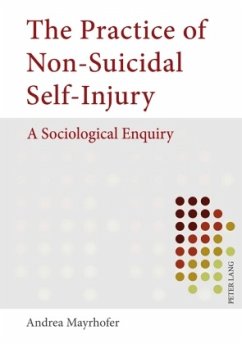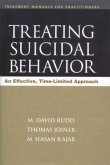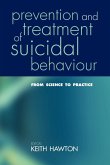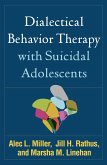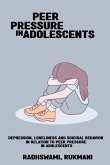Using a qualitative and interpretive mode of explanation, this study explored the wide-spread phenomenon of self-injury in relation to the self, the body, and meanings ascribed to acts of injuring the self via the body. Findings highlighted the body's communicative role in the symbolic expression of traumatic experiences, its physiological role in emotion regulation, and the addictive propensities of self-injury. From a sociological point of view, instant emotion regulation allows individuals to avoid social stigma, and well managed social performances in turn protect social bonds. This study shows that non-suicidal self-injury (NSSI) cannot be conceptualised as simply another personality disorder or mental illness.
